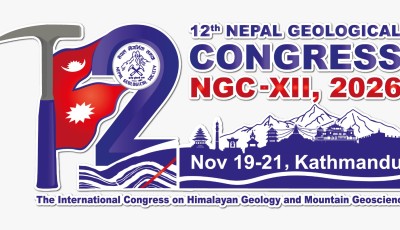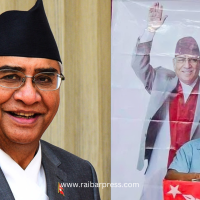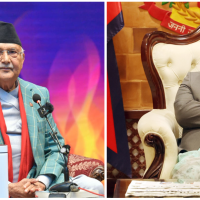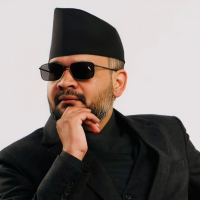International
Rights Group Alleges Dozen Deaths in Bangladesh Detention Since Revolution

At least a dozen individuals have died in detention in Bangladesh since last year’s revolution, with reports of torture and gunshot wounds, according to a rights group.
Odhikar, one of the country’s leading human rights organizations, has called for justice from the interim government that assumed power following the student-led uprising that ousted former Prime Minister Sheikh Hasina.
“The interim government must not allow these crimes to go unpunished,” Odhikar Director ASM Nasiruddin Elan told AFP. “Those responsible for extrajudicial killings must be held accountable.”
In a newly released report, Odhikar outlined how security forces under Hasina’s 15-year rule engaged in widespread killings to maintain control—accusations that the organization claims persist even after her departure.
Hasina fled to neighboring India on August 5, following an uprising that the United Nations estimates may have left more than 1,400 people dead. She has since defied an arrest warrant for alleged crimes against humanity.
Since her departure, Bangladeshi security forces have conducted mass arrests targeting Hasina’s Awami League supporters and those associated with what they describe as her “fascist” administration.
Odhikar documented 12 deaths between August 9 and December 31, 2024. Among them, three individuals died in police custody, while others were held by various security units, including the military and the notorious Rapid Action Battalion (RAB).
At least seven of the victims reportedly died from torture, while four succumbed to gunshot wounds. One individual was allegedly beaten before being thrown off a bridge by the police.
One case detailed in the report involved 18-year-old Elahi Sikdar from Gopalganj, who was arrested for allegedly attacking soldiers. His body, showing signs of severe injuries, was later discovered in a hospital.
Despite the circumstances, his family has chosen not to pursue legal action. “We have accepted his death as fate,” his brother Kudrat Sikdar told AFP.
Bangladesh’s security forces have stated they are investigating the cases.
“Officers have been instructed to refrain from exceeding their authority,” police spokesperson Inamul Haque Sagar told AFP.
Since the revolution, the military has been granted expanded judicial powers, including the authority to make arrests. However, Army Chief Waker-Uz-Zaman has expressed concerns over this extended role.
“The longer our forces remain in the field, the greater the risk of being drawn into unlawful activities,” he told Prothom Alo newspaper.
As international scrutiny intensifies, rights groups continue to push for justice, warning that impunity could further erode the country’s fragile stability.















तपाईको प्रतिक्रिया दिनुहोस